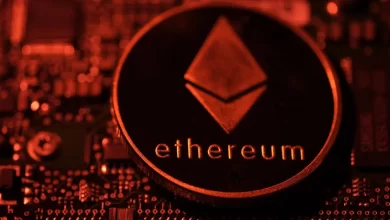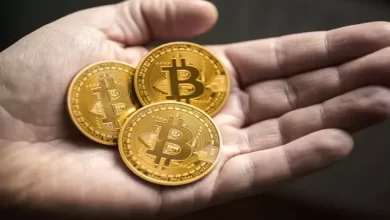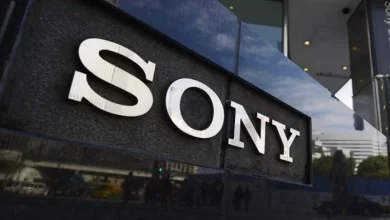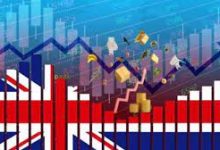The fact that economic data once again indicates that inflation has started to rise in the USA has made the decisions of the US Federal Reserve (Fed) Chairman Jerome Powell and his team critical again.
However, about a month ago, we all thought that the back of inflation was broken. However, those who read this column knew that this was not the case and that inflation would rise again.
But will this inflation ever decrease? Of course it will go down, but not as fast as the market thought in the past months. Therefore, the pricing will work accordingly. In other words, the rallies in the indices will continue to be deceptive for a while, and precious metals such as gold and silver will come under a little more pressure. Bond yields, on the other hand, will noticeably go up, so it seems that those who have already put their money in bonds will be a little upset if they can’t show the necessary flexibility.
In this case, what do you mean by words that do not actually express a defined size, such as “a little, for a while, clearly” that I mentioned above. Over the weekend, I reviewed a rather interesting study. Some simulation results are included in this academic study, which was prepared by a group of university professors and chief economists of large investment banks.
The study included 16 different periods since 1950 in the US and some other major economies, all of which were associated with a recession as a result. Accordingly, in order to beat inflation, the Fed’s interest rate in the second half of 2023, according to various scenarios, is 5.6 percent; It will need to increase it up to 6 percent or 6.5 percent. Currently, the Fed rate (upper band) is 4.75 percent; the pricing in the market is only 5.40 percent as of July 2023, even after the latest data. At best, we have a process ahead of us that will change many pricing for an interest rate hike.
As a matter of fact, it seems that big funds have increased their selling positions in bonds in recent weeks. So much so that especially in long-term bonds, we are very close to the levels where the market maximizes its selling positions, as the market is sure that the interest will rise again (the bond price will fall) right after the Covid crisis. I mean, the expectation is that the interest rate will rise sharply, and the market is positioned for this.
Take the Deep Market… it has taken its position long ago! At this point they ask the man: “Hey man, is everything coming out of this damn American economy?” In fact, it is not like that at all, the second run of inflation actually coincides with the first major run of developments in Europe. While headline inflation in the Eurozone (EB) has fallen for three months, similar to what the US data showed months ago, core inflation has not yet receded.
Inflation data will be released in the EB on Thursday this week. With the falling energy prices, the headline data is expected to decline from 8.6 percent to 8.2 percent. Core inflation is expected to remain stable at 5.3 percent. I am really curious, how will the data disclosed be?
If we look at the market, the players have already made up their minds; According to the interest rate swap market, the European Central Bank will not cut interest rates this year. However, just two weeks ago, they thought that the interest rate would decrease after July 2023. That’s it for interest rates this week. Let’s take a look at the exchange-traded fund (ETF) universe.
Despite the fact that Henry Hub natural gas price traded in the USA fell by more than 46 percent from the beginning of the year to the bottom seen in the last week, how much is it that the 1st and 2nd ETFs, which are the highest money inflows among commodity ETFs, are BOIL and UNG, respectively? Isn’t it weird too?
In the meantime, let me point out; BOIL are ETFs that track the price of natural gas twice, and UNG exactly. To put it more clearly, despite the decline in natural gas in the last week, month and since the beginning of the year, the market is investing in gas because it realizes that there will be a big upward movement here.
It is necessary to consider the relation of basic heating raw material with inflation. Well guess what class the commodity ETF with the most money outflows in the last week, 1 month belongs to? You guessed right; There are exits from all kinds of precious metal funds, especially gold. Be you, while investing in gold, don’t forget that patience is a virtue nowadays.














